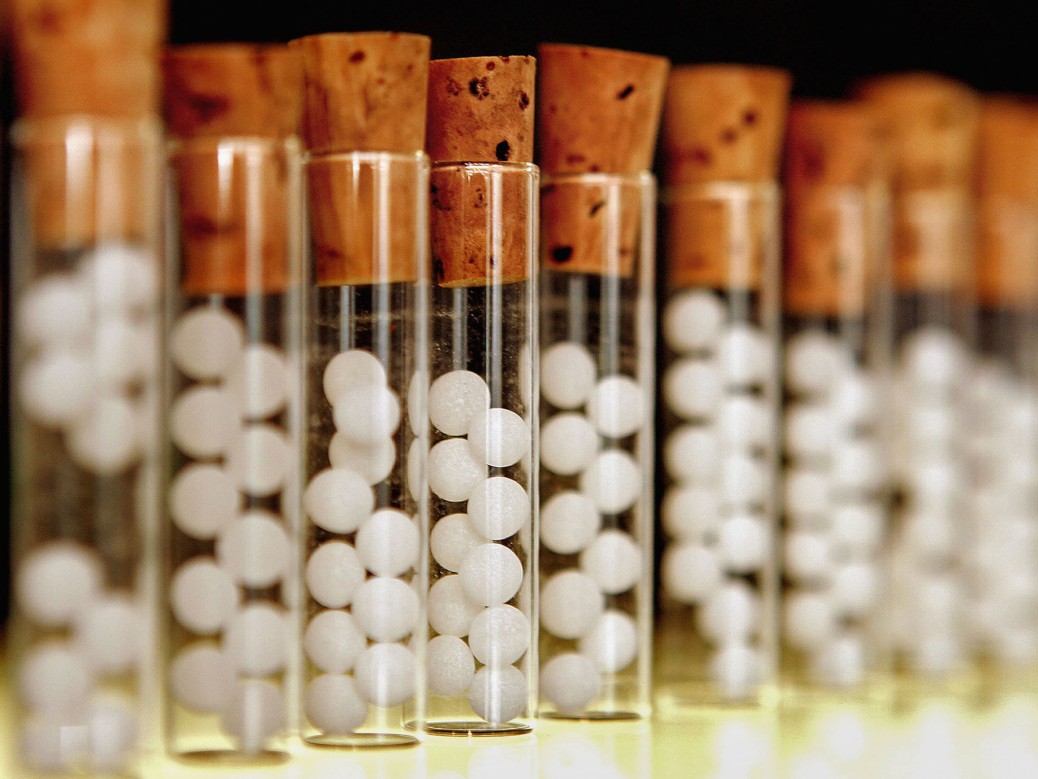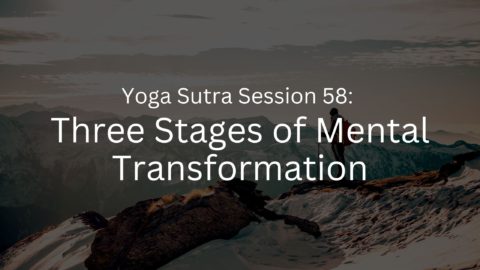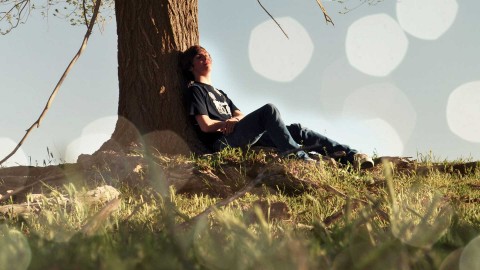A stroke occurs when the blood supply to the brain is somehow cut off. Brain cells are deprived of oxygen and the cells die. The effects of a stroke depends on a number of things, where the damage occurred in the brain and the extent of the damage from lack of oxygen and blood flow. More women die from strokes than men do and more women will have a stroke than get breast cancer.
Causes
- Hypertension or high blood pressure
- Atrial fibrillation (AF) is a condition where the heart beats irregularly and causes turbulent blood flow, which may trigger the blood to clot.
- Diabetes is 3 times more likely to develop a stroke.
- Inactivity increases one’s risk of stroke. Those who exercise five times per week or more are less apt to develop a stroke.
- Smoking doubles one’s risk of stroke.
- Diet plays an important role in stroke prevention,
- Sleep apnea can increase one’s risk of stroke three times that of a person without sleep apnea.
- Being overweight with more abdominal fat increases one’s risk of stroke.
- Alcohol and drug abuse increase one’s risk considerably.
Symptoms
- Sudden weakness
- Droopy face
- Speech difficulty
- Weak arms
- Blurred vision
- Trouble walking and loss of balance
- Dizziness
Types
Stroke is mainly of 3 type and can be classified as
- Ischemic Stroke (clots)
- Hemorrhagic Stroke (bleeds)
- Transient Ischemic Attack (TIA)
1. Ischemic Stroke (clots)
Ischemic stroke mainly occurs due to the formation of a clot causing blockage in a blood vessel that supplies blood to the neck or brain. Deposition of fat, cholesterol and other substances (plaque) on the inner lining of arteries causes hardening of arteries. It is known as atherosclerosis, in which, due to the plaque deposition on the inner side, there is little space left for the blood to flow through the arteries.
There is insufficient blood passing through the hardened and narrowed arteries, hence when a clot or thrombus develops at the narrowed artery, the blood flow to the brain is cut off. This is called cerebral thrombosis.
Sometimes, a blood clot from another location in the body (larger arteries or the heart), can get loosened from its location, enter the circulating blood and reach the brain. It travels through the blood vessels till the clot gets lodged in small blood vessels, thus obstructing the blood flow. This is called cerebral embolism.
2. Hemorrhagic Stroke (bleeds)
Hemorrhagic stroke is yet another type of stroke that occurs due to the rupture of a blood vessel of the brain. The resultant bleeding exerts pressure on the brain cells and causes damage to them. Bleeding can occur inside the brain (intracerebral) or in between the brain and surrounding tissue (subarachnoid hemorrhage).
Hemorrhagic stroke results from rupture of a weak blood vessel, which then bleeds in or around the brain. This can result from bulging or ballooning of a weak area in the blood vessel (aneurysm) or even high blood pressure (hypertension). It can stretch and rupture causing bleeding in the brain. Sometimes, congenital malformations of blood vessels like arteriovenous malformation too can cause rupture of blood vessels leading to a hemorrhagic stroke.
3. Transient Ischemic Attack (TIA)
Transient ischemic attack is the third type of stroke and is a minor form and is different from other types of strokes, as in this, the blood supply to the brain is only temporarily stopped. The episode occurs due to formation of a small clot, but the blood supply is disrupted for a very short period, ranging for about one to five minutes.
An episode of TIA is temporary and usually does not leave any permanent damage to the brain. However, it is considered as a warning sign of future episodes of stroke. It is also called as mini-stroke; hence should be taken seriously and immediate evaluation and treatment should begin.
Homoeopathic Treatment
Aconite is well indicated in post stroke, when the event has just happened. There is great fear and anxiety and it may have been precipitated by an emotional shock or a fright. These types feel restlessness and tossing about. There is a hot heavy and bursting sensation in the head. Congestive headaches. Quick pulse and tachycardia which causes anxiety. The pulse is full, hard, tense and bounding. The limbs are numb and tingling, especially the left arm. The hands may be hot and the feet cold. The mouth may be numb, dry and tingling. There may be vertigo on rising.
Arnica is a useful post stroke to aid in healing. This remedy is often called for after chest or heart pain after a vigorous, violent run. It is useful in cases of angina, where there is a severe pain down the left arm and elbow. Stroke symptoms may occur after over exertion, injuries, surgeries fright, financial loss and anger. Strokes in these types have a great effect on the person’s mental function. They may be absent minded, forgetful, forgetting the word they are about to say. These types are famous for saying that they are fine and sending away the doctor when they need help.
Baryta Carbonica is useful for post stroke symptoms in the elderly. These types may tend to take cold easily, suffer from dementia or slow metal grasp. They become slow and inept. They have difficulty concentrating and become shy towards strangers, almost childish. They may suffer from senility and other types of cardiovascular disease.
Crotalus Horridus is a remedy that is useful for post stroke paralysis that tends to affect the right side. It is suited to types that may be overly talkative, muttering and depression. They tend to focus on thoughts of death and cerebral decay. They can be agitated, irritable and cross.
Lachesis is a remedy for post stroke paralysis affecting the left side. These types may suffer from hot flushes, high blood pressure and a sensitivity to things around their neck.
Allium Sativa is made from garlic. Garlic is an excellent cardiovascular tonic, and is thought to thin the blood, improve circulation and heart disease.
Gingko Biloba is a useful remedy for improving the circulation. It helps with memory loss associated with poor blood flow. This herb is known to decrease clotting and platelets, so best not to take it with blood thinners.
Vinca Minor is a great herb that improves circulation to the brain. It helps with cognitive function and also tinnitus and vision.
Tags: Brain Stroke And Homoeopathy Hemorrhagic Stroke Ischemic Stroke Transient Ischemic Attack








